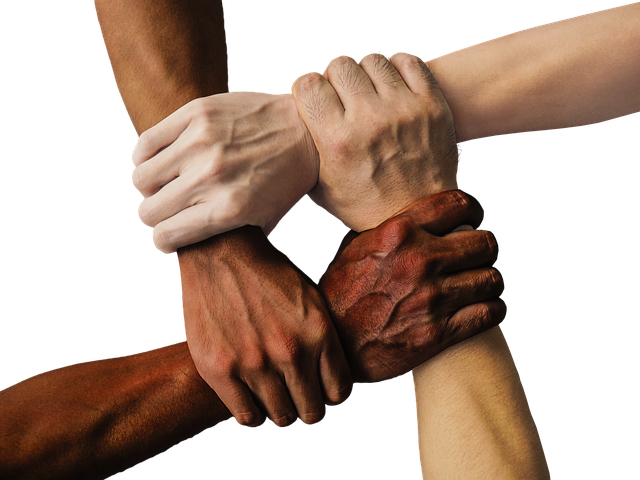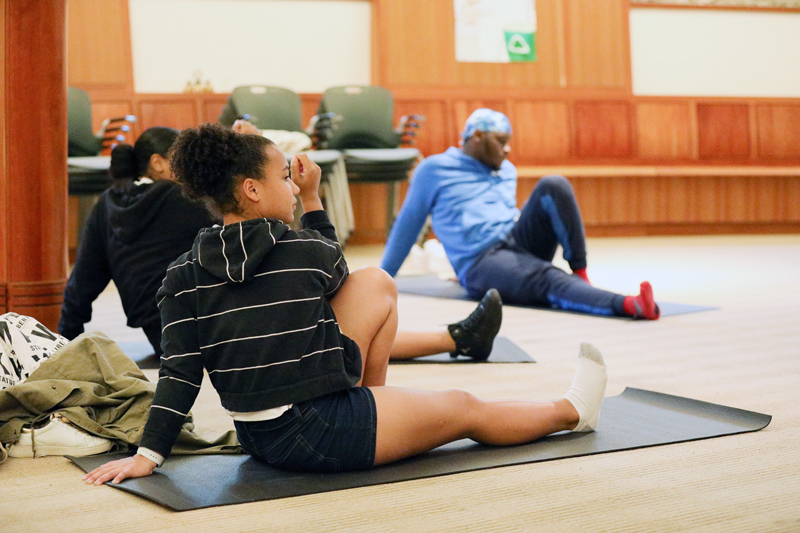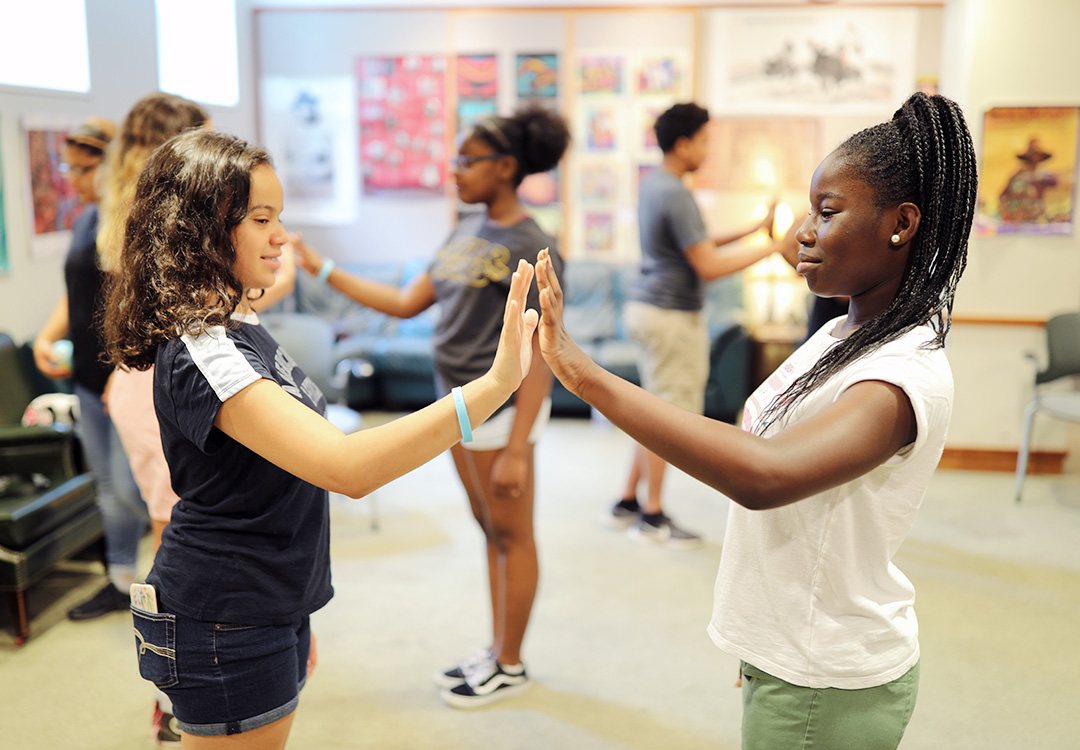our 3 essential community practices
racial equity
Communities that strive for racial equity do so at many levels. Adults become more aware of and adept at discussing race and their own racial identities. Policies and practices are put in place that aim to disrupt the dominant culture in which white people wield the most power. Youth and adults build critical consciousness of systemic racism. These practices build up the capacity of individuals and organizations to become change agents in the work to dismantle systemic racism.


trauma-inclusive care
Trauma-inclusive programs promote stable, safe, authentic relationships with caring adults and peers. These programs help young people regain a sense of control in their lives by providing them with options, and inviting opportunities for leadership. This approach also informs staff self-awareness and training to ensure that interactions, programming, and policies equitably affirm cultures, languages and identities of all staff, youth and families.
restorative justice
Restorative justice is a trauma-informed approach to accountability that gives young people the opportunity to repair harms done. It is an alternative approach to traditional punishment, and gives young people choices, provides clear expectations, and involves and maintains connection to community. Restorative justice supports all involved to see the larger implications of their actions or behaviors.

© 2025 Trinity Boston Connects, Inc. | All Rights Reserved

